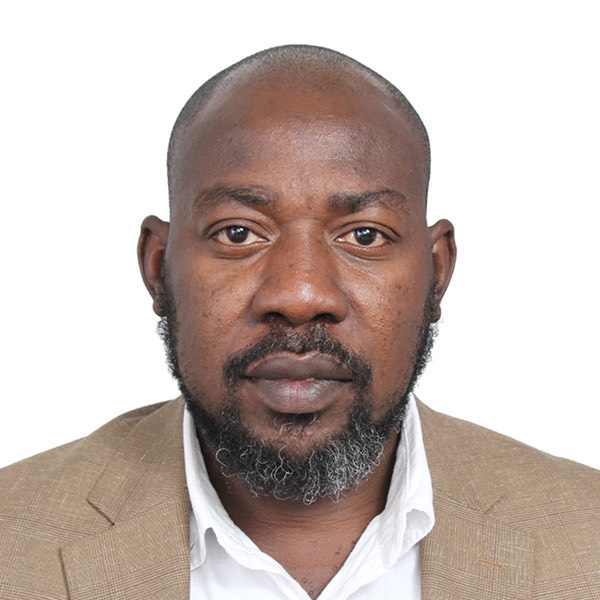
Alsanosi Adam
By Bonnie Eslinger ‘98
Alsanosi Adam ’16 is a Pulitzer Prize finalist from Sudan who has focused his career on issues of social justice and human rights. He lives in Nairobi, Kenya, working as a documentary filmmaker, producing broadcast pieces for such programs as Voice of America’s 52 Documentary and Al Jazeera’s Africa Direct.
Adam is also a part-time analyst for the Small Arms Survey, a project of the Geneva Graduate Institute of International and Development Studies; serves as an operational strategy lead supporting local responders for the global nonprofit Mercy Corps; and contributes to the Sudan War Monitor, collaborative, pitching in with editing and data collection. In 2022, he was named a Pulitzer Prize finalist for radio work he did on East Africa for NPR. Right now, he said, his aim is to keep the war in Sudan in the news, “so that people do something about it.”
This interview combines email and phone interviews, and has been edited for length and clarity.
1. What memories do you hold from your time studying at the J-School?
The two years at the J-School were some of the most important times in my life: the exposure to different cultures, to good friends, good people, good professors. You learn more than just techniques. My conversations with my peers and professors, the things I learned from CG (J-200 teacher Cynthia Gorney) and KP (J-201 teacher Kara Platoni (’99), Orlando Bagwell and all the doc class, the OSOS soccer team, the courtyard conversations. My colleagues also helped with the nuance of American idioms and the American way of doing and saying things. I learned about reporting and making films, but also ethics and skills that will surely last a lifetime.
2. Is there a particular off-campus spot that you remember fondly from your time in Berkeley?
The International house for sure and what we called the Africa roundtable. It’s a group of MCF [Mastercard Foundation Scholarship] students who come together during dinners and talk about giving back to our communities.
3. What do you enjoy doing when you have free time?
I volunteer with the Emergency Response Room of Sudan, a grassroots solidarity movement that is currently responding to the humanitarian crisis. I serve as the external communications coordinator. The organization was nominated this year for the Nobel Peace Prize.
4. What do you hope to do next?
I have a lot of new project ideas; I keep a list on my OneNote. Most of the time you’re kind of limited by resources. There’s not a lot of support for African filmmakers who want to do documentaries. As Jon Else said in one of his classes, “If you want to be a documentary filmmaker, you’ve got to have a rich uncle.” The film I’m working on right now is about access to medication during this war in Sudan. There’s a lot of Sudanese stories that I want to tell. In the Rhino Refugee Camp in Uganda, they are stealing babies from Sudanese mothers; that’s one of the stories.
5. What advice do you have for someone just starting their journalism career?
What you’re learning now are skills that will help you shape what it is you want to do. Just reporting or making films could help bring people together and create great things for you and others. Value the professional relationships and friendships you make now and grow your community. You have been given a chance to be part of a greater calling than you – take it.
